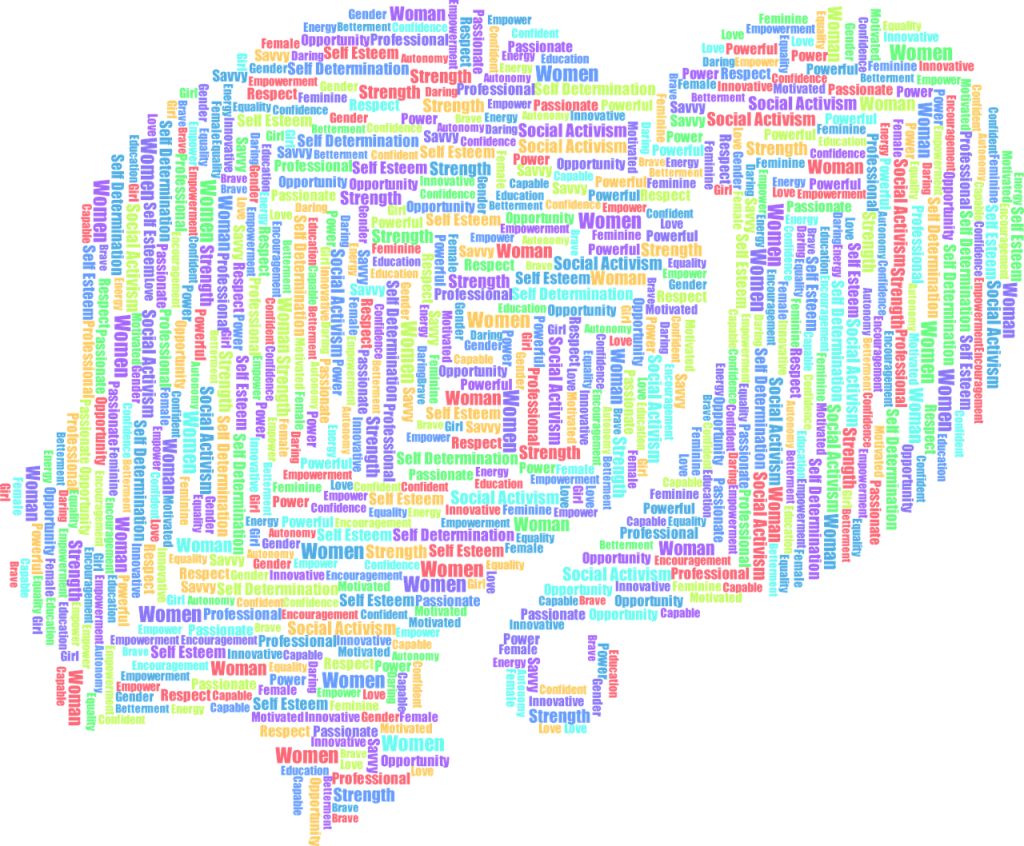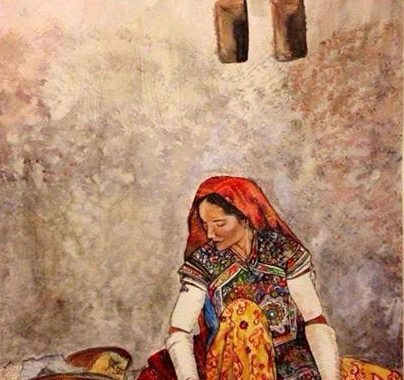The life of a woman in Pakistan may be subjected to many challenges, yet it may also provide her an opportunity to shine up and overcome obstacles.
In early years of life, women especially from rural areas face discrimination in various forms. In worst cases, she is malnourished as preference is given to feeding the male members of the family. In later stages, discrimination in right to education and restricting her to household chores are other challenges. Millions of other girls and women face discrimination; they have less to eat than boys and men, are denied an education, are forced into dowry marriages, have little or no access to health services, and suffer violence. As violence against women varies in its nature and manifestation, there are two major critical challenges for all those working in the area of violence against women:
- To challenge and change existing social and individual attitudes that accept violence against women as ‘normal’.
- To bring together diverse local, national, regional, and international efforts working towards ending violence against women.

Every year thousands of women, of all ages in rural areas of Pakistan are reportedly killed in the name of honor. The lives of millions of women are constrained by traditions. Women are not given the choice to work and to be independent of their families, even without a husband. Pakistani culture still heavily insists that the right place for women is at home. Pakistan lacks the women’s revolution that swept across the West, especially the radical idea that women can live without men. Views of women in Asian countries may also contribute to the rate of domestic violence in Asian communities. Sexual harassment of women in public or at the workplace is a common phenomenon, and while frequently reported in the media, it is rarely reported to the police or taken notice of.
Women’s rights around the world are an important indicator to understand global well-being. A major global women’s rights treaty was ratified by the majority of the world’s nations a few decades ago. Women bear almost all responsibility for meeting the basic needs of the family, yet are systematically denied the resources, information, and freedom of action they need to fulfill this responsibility. Gender equality furthers the cause of child survival and development for all members of society, so the importance of women’s rights and gender equality should not be underestimated. Women workers’ struggle for the right to organize for justice in working conditions, for higher wages, for maternity and other benefits, childcare facilities, housing, and transportation. This includes the struggle of women for employment and financial independence.
I believe in the power of women and that this power has the capacity to challenge existing norms and structures. Equity of employment opportunity is necessary for women’s development and empowerment. Women through their collective and people-oriented, non-competitive forms of organizations have shown that they have the courage to experiment with new forms of political action and new models for the transformation of society.
https://tribune.com.pk/story/1063483/to-be-a-woman-2





Leave a Comment